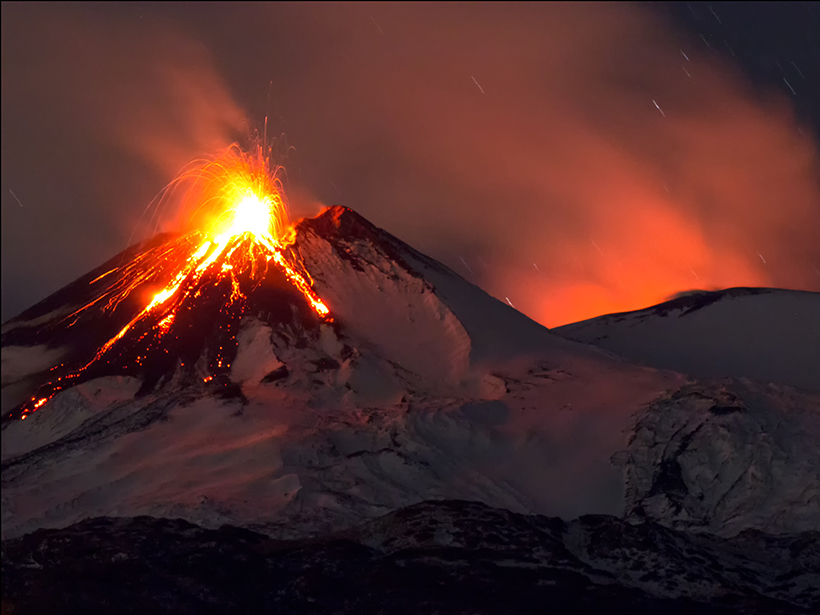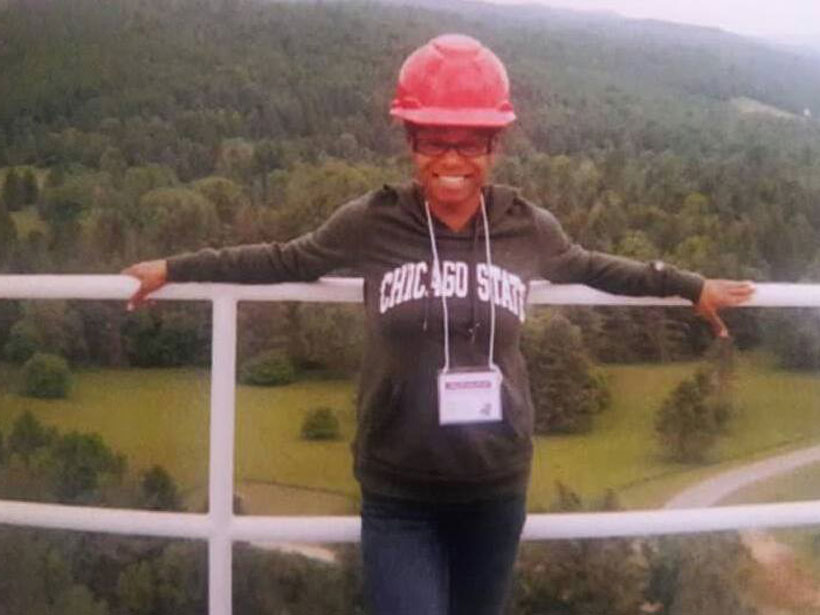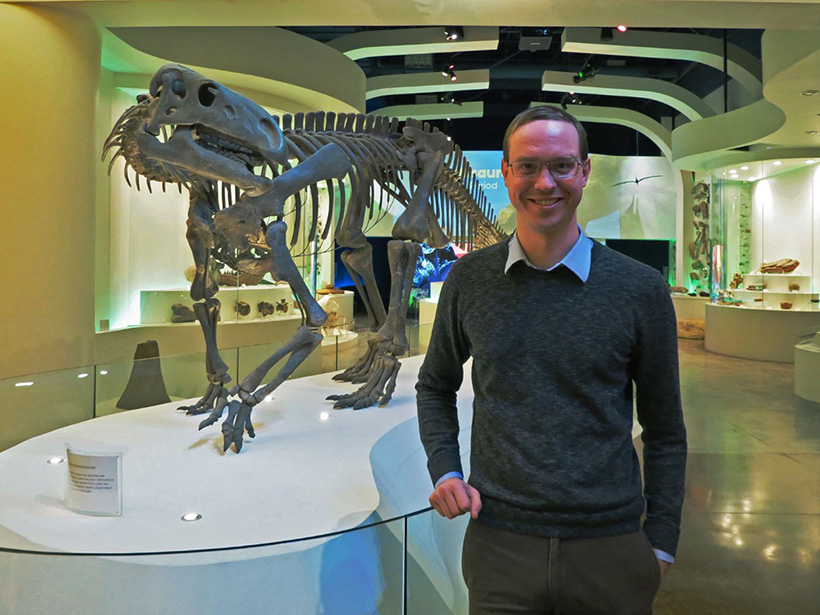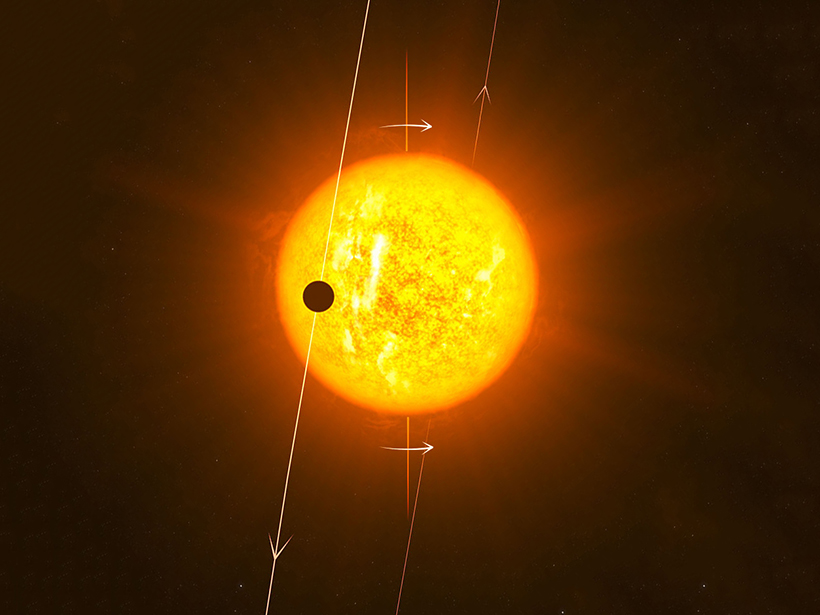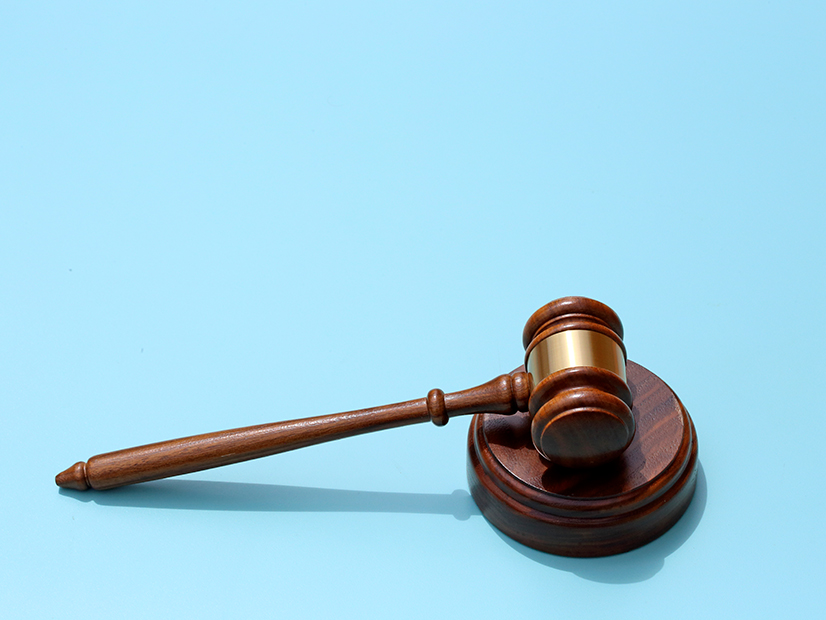Answering this question can help policymakers, scientists, and climate communicators develop more effective strategies to reach skeptics and deniers.
Kimberly M. S. Cartier
Kimberly M. S. Cartier, Senior Science Reporter for Eos.org, joined the Eos staff in 2017 after earning her Ph.D. studying extrasolar planets. Kimberly covers space science, climate change, and STEM diversity, justice, and education
Etna Under Pressure: Does Gas Buildup Foreshadow Eruption?
Pressure from both magma and gas can trigger eruptions. Monitoring degassing can help predict eruptions but only if the magma system is well understood first.
Ashlee Wilkins: A Space Scientist Goes to Washington
“Big-picture science questions” fuel science policy discussions.
Ashley Lindalía Walker: Leading a Celebration of Black Scientists
Astronomer bridges academic and social media outreach.
Morgan Rehnberg: The Making of a Museum Chief
From Cassini to #scicomm to showcasing science.
Most Olympic Sports Not Advancing on Sustainability
World Sailing, World Athletics, World Rowing, and FIFA made the podium. Seven of the 32 summer Olympic sports federations haven’t even entered the race.
Where Moons Are Made
The young, growing planet PDS 70 c has enough material swirling around it to make at least three Moon-sized moons.
Peculiar Planets Prefer Perpendicular Paths
Some exoplanets orbit their stars from pole to pole instead of across the equator. Why do they do that?
Overture to Exoplanets
The curtain is about to rise on the James Webb Space Telescope. Let’s see what’s in store for its opening act.
Climate Litigation Has a Big Evidence Gap
Climate-related lawsuits don’t often quantitatively link the defendant’s greenhouse gas emissions to the impacts on the plaintiff. Better lines of communication between climate scientists and climate lawyers could help bridge that gap.


